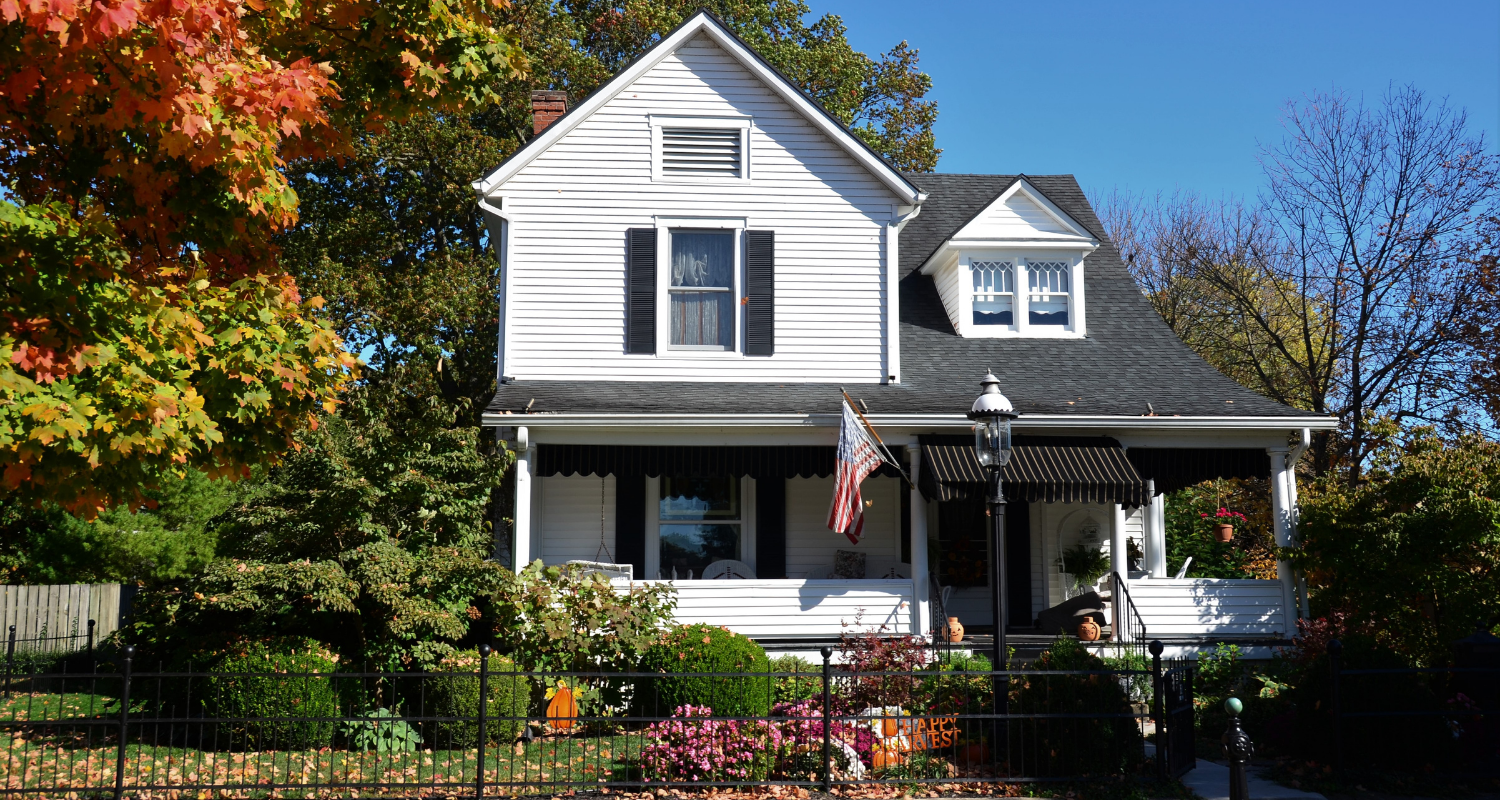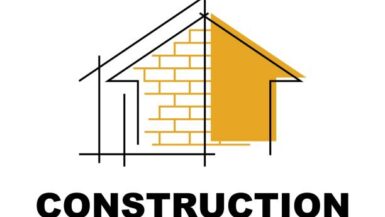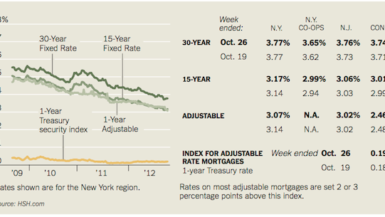Introduction
Building a house is a dream that many aspire to achieve. If you’re planning to construct a 1500 sq ft house, it’s essential to understand the various factors that influence the cost. From location to material quality, each aspect plays a significant role in determining the final expenses. In this article, we’ll delve into the average cost of building a 1500 sq ft house and explore ways to make the process more budget-friendly.
Factors Affecting the Cost of Building a 1500 sq ft House
Location
The location of your building site can significantly impact the overall cost. Prices for construction materials and labor vary by region, so building in a metropolitan area may cost more than in a rural setting.
Size and Layout
The square footage and complexity of the house design are crucial factors. A larger house with intricate architectural features will naturally require a higher budget.
Material Quality
The quality of materials you choose will influence both the aesthetics and longevity of your home. Premium materials tend to be more expensive but can offer better durability and energy efficiency in the long run.
Labor Costs
Skilled labor is vital for a successful house construction. Experienced professionals may charge more for their services, but their expertise can ensure a well-built home.
Permits and Fees
Before construction begins, you’ll need to obtain building permits and pay various fees, such as impact fees and utility connection charges.
Additional Features
Custom features like swimming pools, decks, or landscaping can add to the total cost. It’s essential to weigh the benefits of these extras against their expenses.
Estimating the Average Cost
To estimate the average cost of building a 1500 sq ft house, let’s break down the expenses into different categories.
Cost of Foundation
The foundation is the building block of your house. Depending on the type (slab, crawl space, or basement) and the soil conditions, the cost can vary.
Framing Costs
Framing involves constructing the skeletal structure of the house. It includes walls, roof, and floor framing. The complexity of the design and the materials used will impact the expenses.
Roofing Expenses
Roofing materials and labor costs for installation play a significant role in the budget. Factors like roof pitch and design can also affect the overall cost.
Plumbing and Electrical Costs
Installing plumbing and electrical systems is essential for a functional home. The cost will depend on the complexity of the layout and the quality of fixtures.
Interior Finishes
Interior finishes encompass flooring, cabinetry, countertops, paint, and other decorative elements. Choosing between basic and luxurious finishes will influence the budget.
Exterior Finishes
The exterior of your house contributes to its curb appeal. Siding, windows, doors, and landscaping expenses should be considered.
Miscellaneous Costs
Additional expenses may arise throughout the construction process, such as inspections, clean-up, and unforeseen issues. It’s wise to set aside a contingency budget for these circumstances.
Ways to Save on Building Costs
While building a house involves significant expenses, there are ways to keep costs in check without compromising quality.
Choosing the Right Location
Opting for a location with reasonable construction costs and access to necessary resources can help lower expenses.
Designing an Efficient Layout
An efficient and straightforward house design can minimize material waste and reduce construction time.
Opting for Energy-Efficient Materials
Investing in energy-efficient materials can lead to long-term savings on utility bills.
Comparing Contractor Quotes
Obtaining quotes from multiple contractors allows you to find competitive pricing for labor and materials.
DIY vs. Hiring Professionals
Consider taking on some tasks yourself if you have the skills and time, but leave complex jobs to experienced professionals.
Financing Options for Building a House
Traditional Mortgage
If you own the land, you may qualify for a traditional mortgage to cover construction costs.
Construction Loan
A construction loan provides funding specifically for building your new home. Once construction is complete, it can be converted into a traditional mortgage.
Builder Financing
Some builders offer financing options or partnerships with lenders to simplify the financing process.
Personal Savings
Using personal savings is a straightforward way to finance your project without incurring debt.
Conclusion
Building a 1500 sq ft house is an exciting endeavor, but it requires careful planning and consideration of various factors. The average cost can vary based on location, size, materials, labor, and additional features. To ensure a successful project, research, and budgeting are key. Remember to explore ways to save on costs without compromising on the quality and design of your dream home.





Leave a reply